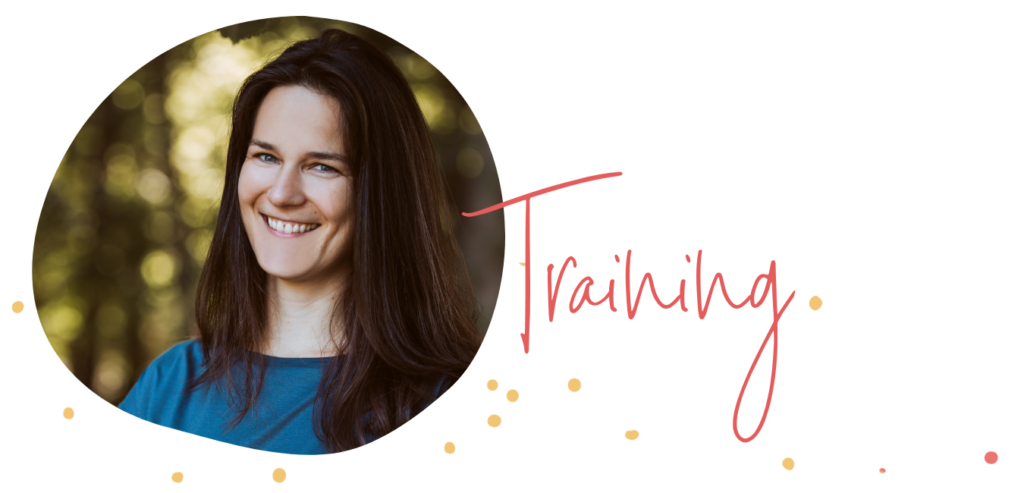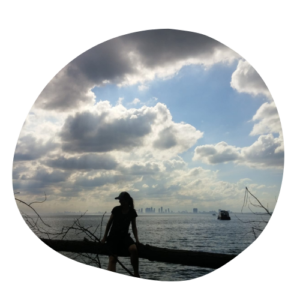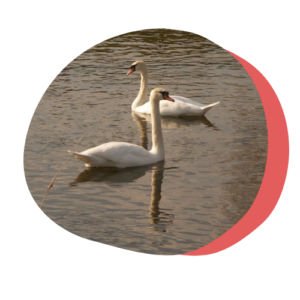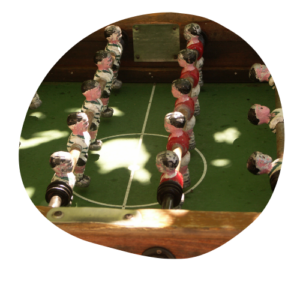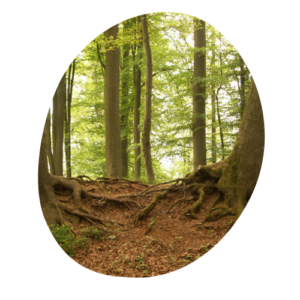Sie möchten erlebensbezogenes Begleiten und Anleiten in Ihre eigenen Wirkungskontexte integrieren und sich weiterbilden?
Ich biete folgende Weiterbildungen an:
- Erlebensbezogenes-Concept-Coaching (ECC; zertifiziert durch die GwG)
- Focusing Begleiter (zertifiziert durch as Focusing Netzwerk oder durch Focusing España)
- Focusing Trainer (zertifiziert durch das internationale Focusing Institute, TIFI)
Would you like to integrate experiential guidance and instruction into your own work context and further your education?
I offer the following continuing education programs:
- Experiential Concept Coaching (ECC; certified by GwG)
- Focusing Companion (certified by the Focusing Network or Focusing España)
- Focusing Trainer (certified by the International Focusing Institute, TIFI)
¿Le gustaría integrar el asesoramiento y la orientación basados en la experiencia en sus propios contextos de impacto y continuar su formación?
Ofrezco los siguientes cursos de formación:
- Coaching Conceptual Experiencial (ECC; certificado por la GwG)
- Facilitador de Focusing (certificado por la Red de Focusing or Focusing España)
- Formadora de Focusing (certificada por el Instituto Internacional de Focusing, TIFI)

